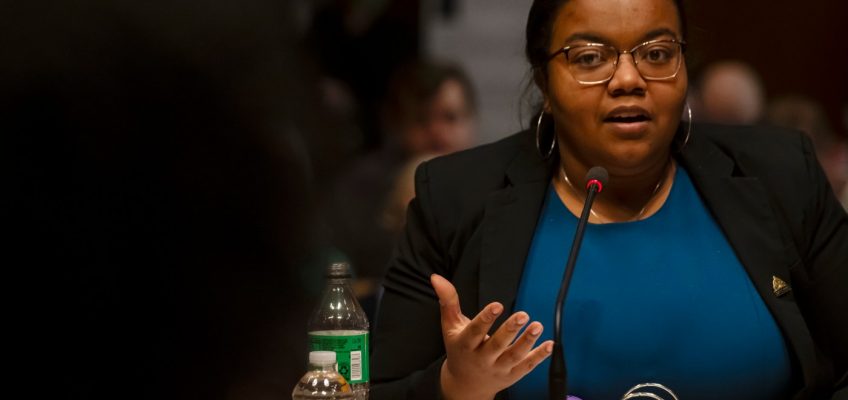Recognizing a looming eviction crisis following Operation Metro Surge, the St. Paul City Council voted Wednesday to redirect more than $1.42 million from various housing funds toward the city’s recently-revived emergency rent help program.
The seven-member council, first meeting as the St. Paul Housing and Redevelopment Authority and then as the full council, approved an amendment to the Planning and Economic Development budget, dipping into unused Housing Trust Fund money for $926,000 to support the city’s recently-expanded Emergency Rental Assistance program. That funding will help pay for two additional staff positions this year, as well as staffing for future years.
St. Paul Mayor Kaohly Her directed another $500,000 to the program from Local Affordable Housing Aid dollars by administrative order, bringing the total amount of money in the rent assistance program to $3.8 million.
The program was established in 2020 to support renters in response to the pandemic, and revived in 2025 at the urging of Ward 7 Council Member Cheniqua Johnson, whose East Side ward has among the highest number of evictions in the state. Working with Planning and Economic Development, the council has adjusted and expanded eligibility guidelines.
The program launched in mid-November with an initial $1 million in funding, offering a one-time payment of up to $2,500 for late rent and associated fees, paid directly to the landlord. By early December, it had paused applications as a result of overwhelming demand. Council members said they expected it to reopen soon.
Statewide, residential eviction filings were already flirting with state records by the end of last year.
“Even before recent federal actions and economic disruption, too many neighbors were already at risk of displacement, and those pressures have only intensified,” said Johnson, in a written statement issued Wednesday night.
The council this month called on Gov. Tim Walz and state lawmakers to direct the state’s Public Utility Commission to enact an energy and gas shutoff moratorium, and previously voted Jan. 21 to ask the governor and state leaders for a temporary eviction moratorium, with the goal of protecting workers impacted by Operation Metro Surge from losing their housing.
Her, who was also quoted in the written statement, said the city is “pulling every lever we can at the local level to respond to the crisis Trump unnecessarily brought to St. Paul” and said “we need more buy-in from the state and federal government to help our communities bounce back.”




